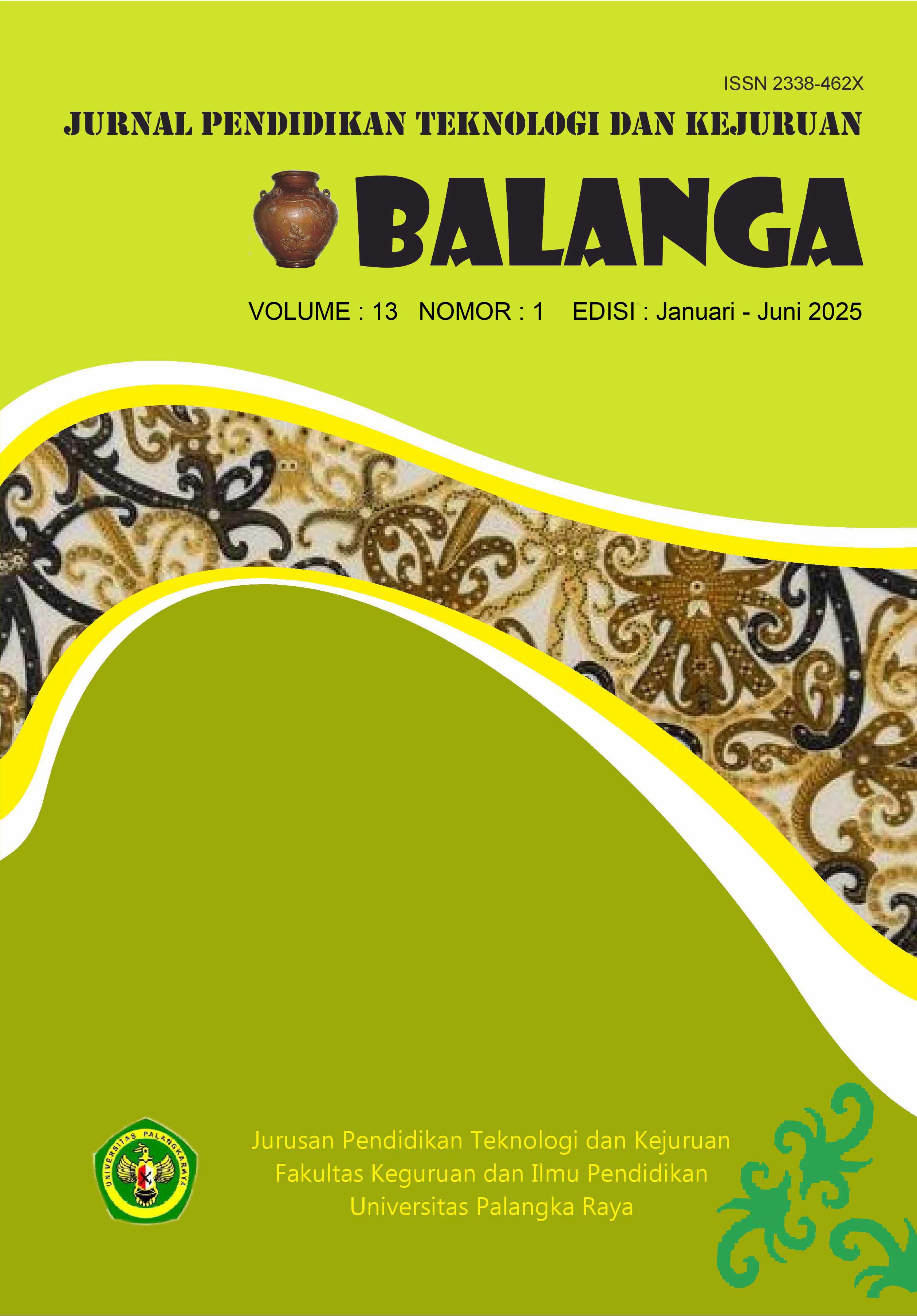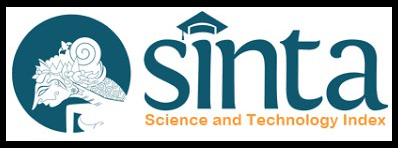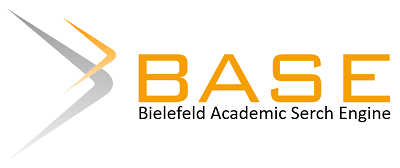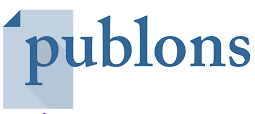THE MEANING AND FUNCTION OF TRADITIONAL FARMING EQUIPMENT (MALAN MANANA) AS A CULTURAL AND SPIRITUAL AGENCY OF THE DAYAK NGAJU AND OT DANUM COMMUNITIES IN CENTRAL KALIMANTAN
DOI:
https://doi.org/10.37304/balanga.v13i1.12039Abstract
This study provides an in-depth examination of the types, functions, and symbolic meanings of traditional tools used in swidden agriculture (malan manana) by the Dayak Ngaju and Ot Danum communities in Central Kalimantan. As indigenous groups that continue to maintain shifting cultivation systems, the Dayak people possess a wide variety of tools that serve not only technical purposes but also embody ecological, social, and spiritual values. A qualitative approach using ethnographic methods was applied in this research, involving participant observation and in-depth interviews with cultural practitioners. The findings reveal how tools such as the karayan parei, utar, karuhei, and lisung are inseparable from daily life and reflect the local cosmology of the Dayak people. These tools are made from natural materials such as rattan, bamboo, ironwood (ulin), and pandan leaves, which are not only environmentally sustainable but also demonstrate the technical skill and high aesthetic value of local artisans. Furthermore, certain tools—such as the karuhei and tugal—carry meanings beyond their agrarian function, representing spiritual values and the relationship between humans and the guardian spirits of the land. Amidst the currents of modernization and shifting lifestyles, many of these tools are increasingly marginalized or abandoned. However, they remain highly relevant in the discourse of local knowledge preservation and material culture. This research contributes to the documentation of intangible cultural heritage and recommends strategies for preserving traditional tools as part of efforts toward social and ecological sustainability in indigenous territories of Kalimantan. As such, these tools are not merely anthropological artifacts, but representations of the interconnectedness between humans, the land, and the cosmos within the holistic value system of the Dayak people.
Downloads
Downloads
Published
Issue
Section
License
Copyright (c) 2025 BALANGA: Jurnal Pendidikan Teknologi dan Kejuruan

This work is licensed under a Creative Commons Attribution-NonCommercial 4.0 International License.






























